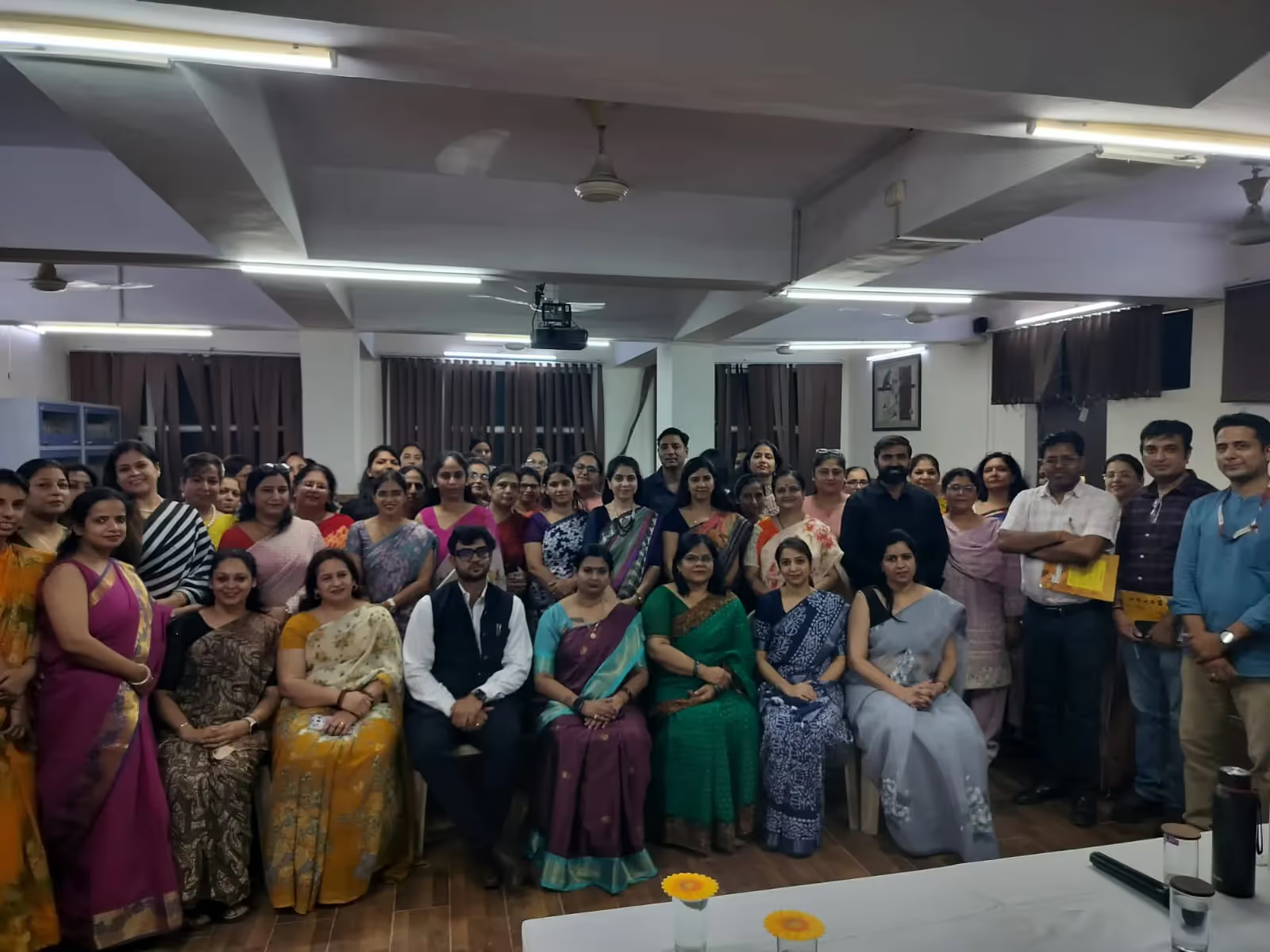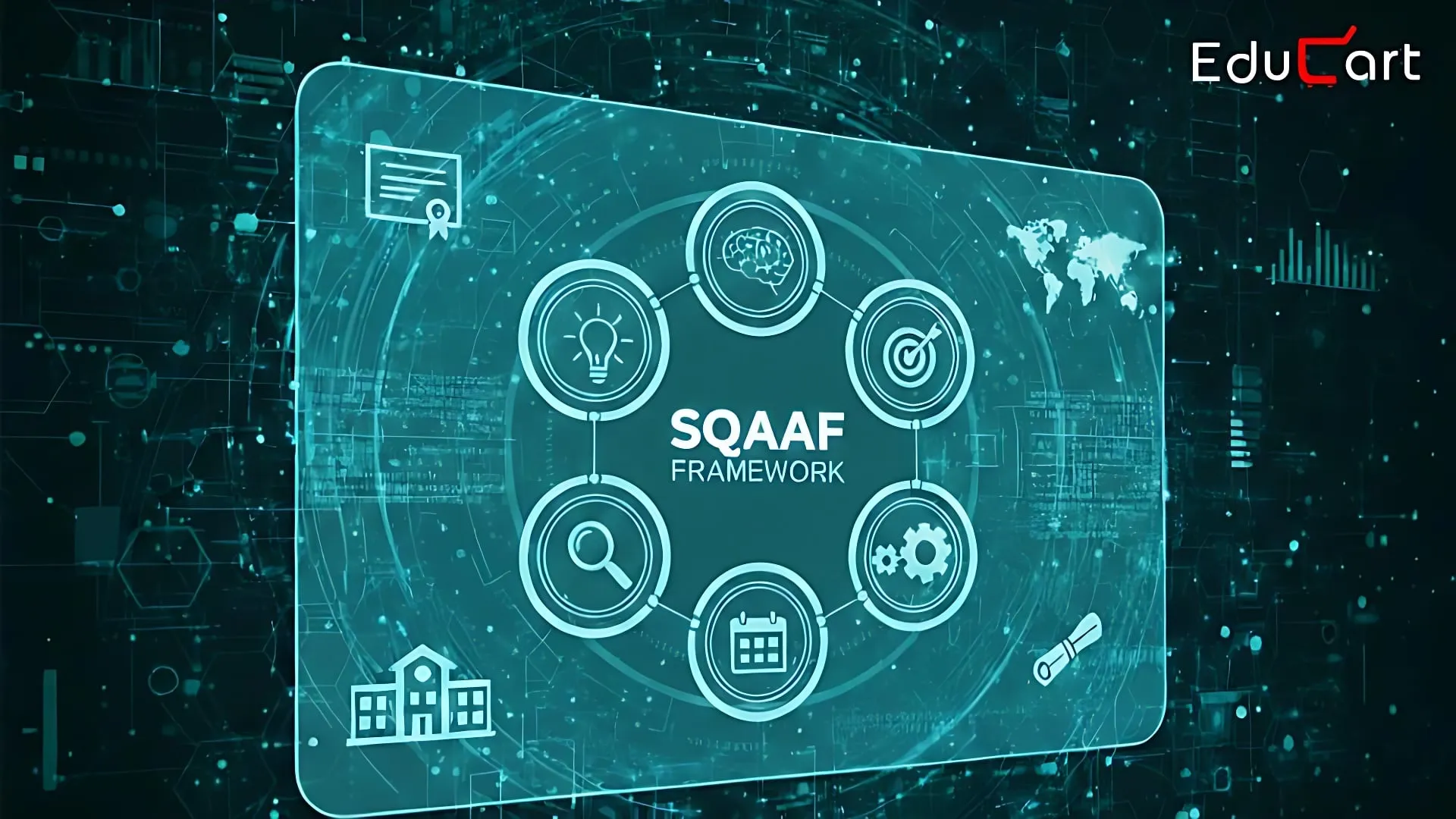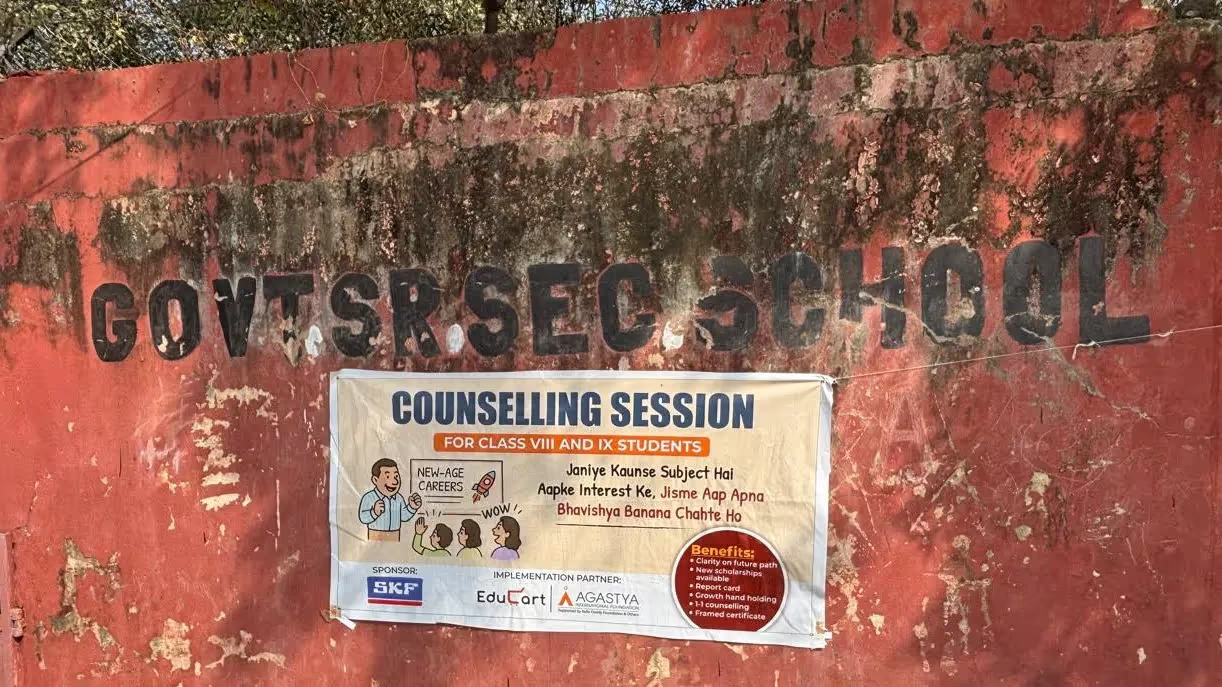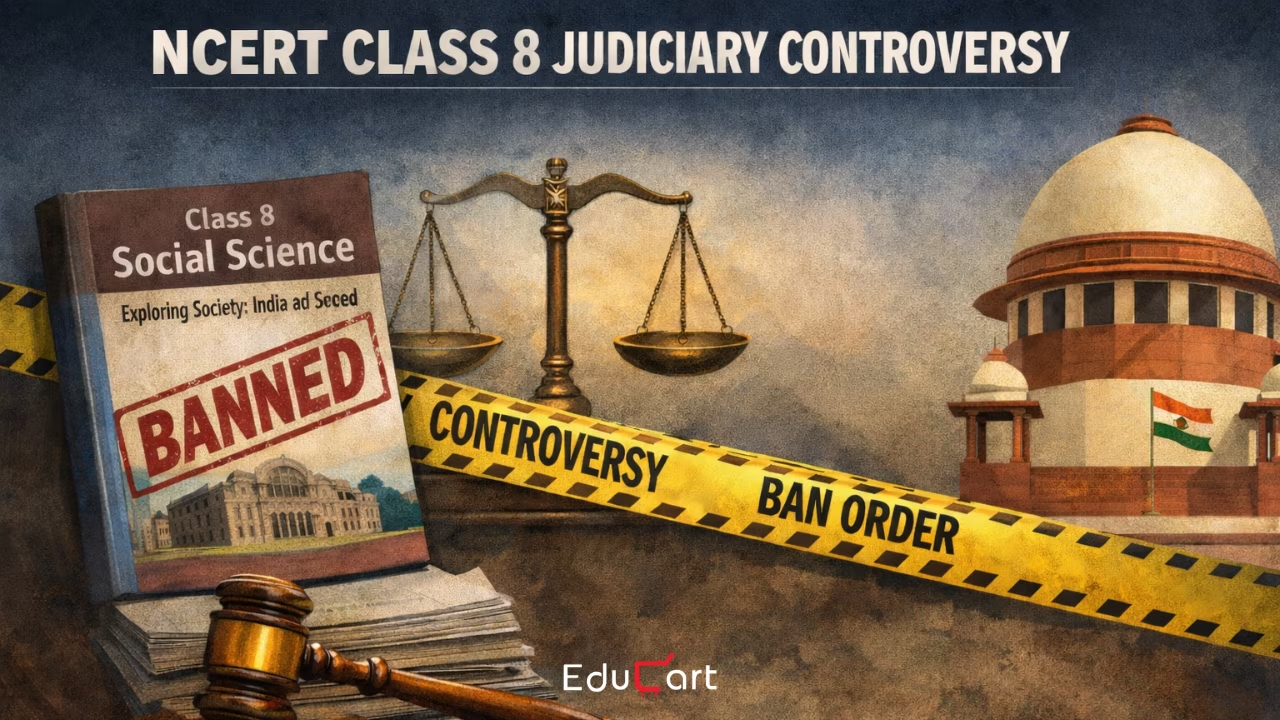
Workshop Details:
- Type of Event: Teacher Workshop
- Topic: Effective Classroom Management
- Date of Event: 30/5/2025
- Event Duration: 2 hours
- Event Free or Paid: Free
- Number of Teachers Attended: 56
- Speaker Name: Kshama Swarankar
Ready to transform your teaching journey like these educators did?
Explore our CPD Training Now!
Key Highlights:
- Teachers explored core principles of what makes classroom management effective, beyond just enforcing rules.
- Practical strategies were shared to build a positive and proactive classroom culture, grounded in trust and structure.
- Educators learned to design and reinforce clear routines, procedures, and consistent expectations to reduce misbehavior.
- The session covered research-based models like PBIS (Positive Behavioral Interventions and Supports) and Responsive Classroom approaches.
- Teachers discussed Tier 1, 2, and 3 interventions for varying behavioral needs, including ways to de-escalate tense situations.
- A role-play segment challenged participants to respond to chronic misbehavior using empathy, calm communication, and structured responses.
- Guidance was given on dos and don'ts of de-escalation, with an emphasis on protecting both student dignity and classroom stability.
At Columbia Foundation Sr. Sec. School, the session created a safe space for educators to open up about everyday challenges they face in the classroom. The focus wasn’t just on discipline—but on building mutual respect, structure, and emotional safety. By practicing real-life scenarios and reflecting on their own teaching styles, teachers walked away with clear tools and renewed confidence.
This workshop highlighted the power of collaboration and reflection in professional development. With more sessions like these, the school community is taking strong steps toward creating consistent, inclusive, and student-ready learning spaces.

.svg)










.avif)


.avif)







%20(1).avif)


















